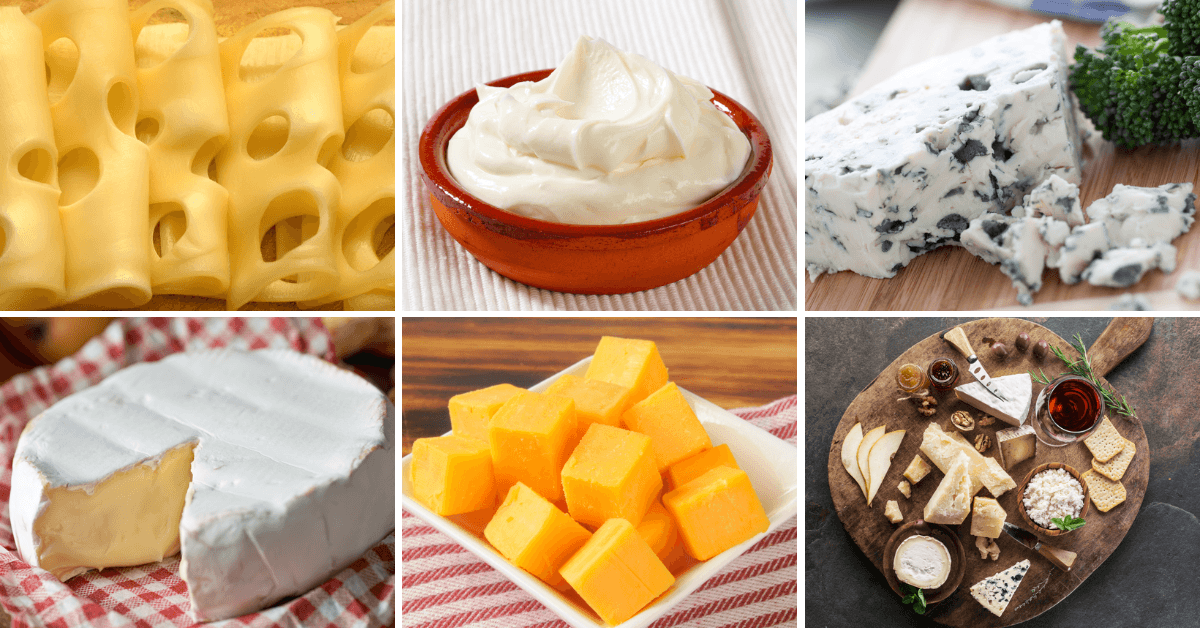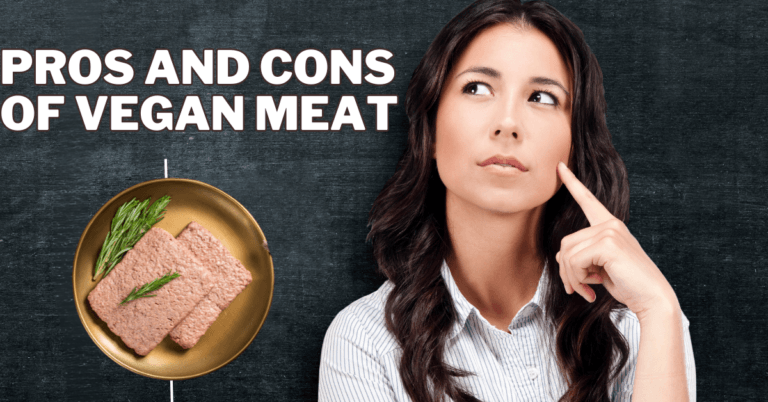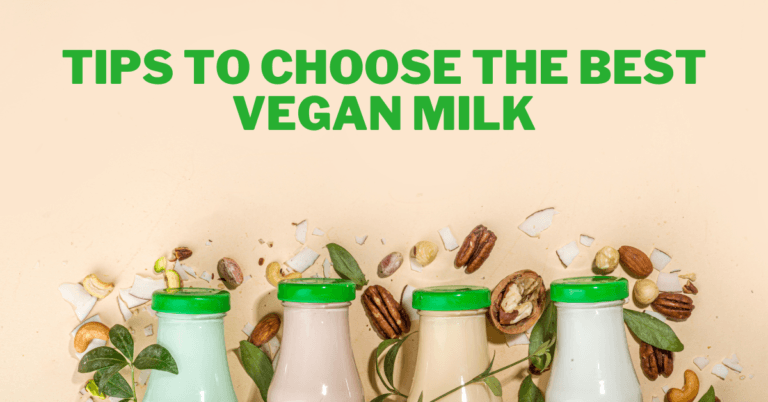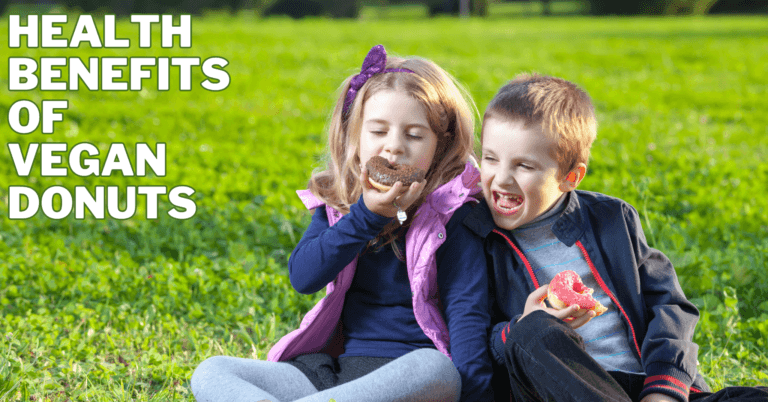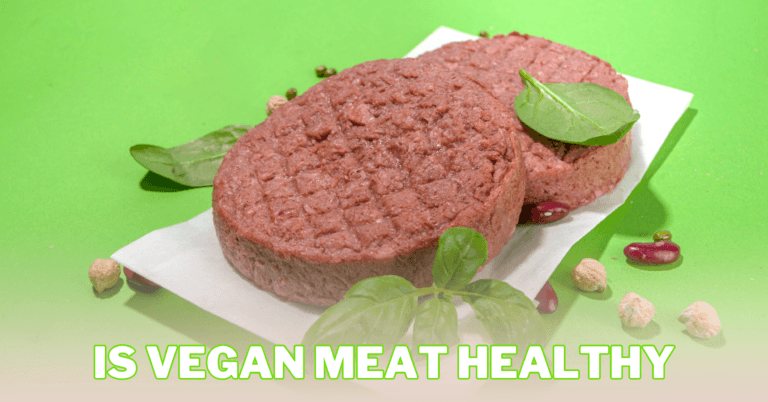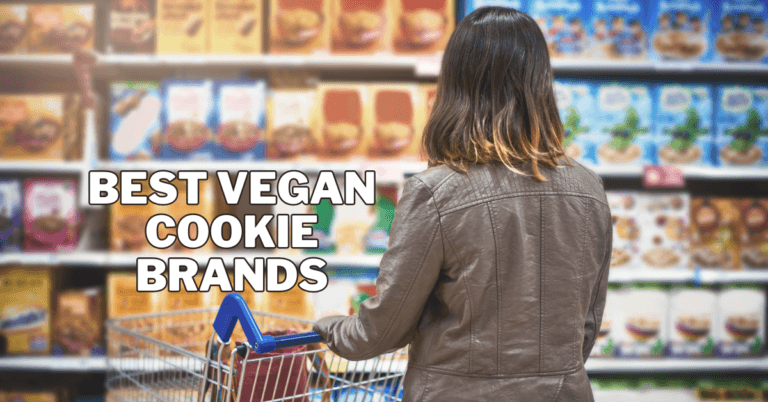Is Vegan Cheese Healthy
Is Vegan Cheese Healthy?
Vegan cheese has gained appeal as a dairy-free substitute because of the rising popularity of plant-based diets. But is vegan cheese healthy?
In this article, we will explore the nutritional aspects of vegan cheese, its potential health benefits, and some considerations to consider when incorporating it into a balanced diet.
Whether you're a seasoned vegan or just curious about plant-based alternatives, understanding the health implications of vegan cheese can help you make informed decisions about your dietary choices.
Let's delve into the world of vegan cheese and discover its impact on overall health and well-being.

What Is Vegan Cheese?
Vegan cheese is a dairy-free alternative to traditional cheese designed for those following a vegan or plant-based diet.
It is a product of innovation and culinary creativity, aiming to replicate conventional dairy cheese's taste, texture, and meltability without animal-derived ingredients.
The primary motivation behind vegan cheese is to offer a compassionate and environmentally sustainable option for individuals abstaining from animal products.
The production of vegan cheese involves various plant-based ingredients, each contributing to its unique flavour and texture.
Common base ingredients include nuts like cashews, almonds, or macadamias, which are soaked, blended, and strained to create a creamy consistency.
Soybeans, coconut oil, and tofu are other popular sources that provide additional creaminess and firmness to the end product.
Additionally, plant-based starches like tapioca or arrowroot can be incorporated to enhance the stretchiness and meltability of the cheese, mimicking the characteristics of traditional cheese when heated.
Vegan cheese also comes in various forms to cater to different tastes and culinary preferences.
Soft vegan cheeses, like cream cheese or ricotta, are suitable for spreading on crackers, bagels or fillings in pastries.
Hard vegan cheeses, like cheddar or gouda, are ideal for slicing and grating and are used in recipes that require melting, like grilled cheese sandwiches or pasta dishes.
Some vegan cheeses are also aged, allowing for a more complex and robust flavour profile that develops over time.
Overall, vegan cheese has gained significant popularity over the years, and its quality and variety have significantly improved to cater to the growing demand for plant-based alternatives.
With an ever-expanding range of flavours and textures, vegan cheese offers a delicious and ethical option for those seeking to enjoy their favourite cheesy dishes while adhering to their compassionate dietary choices.
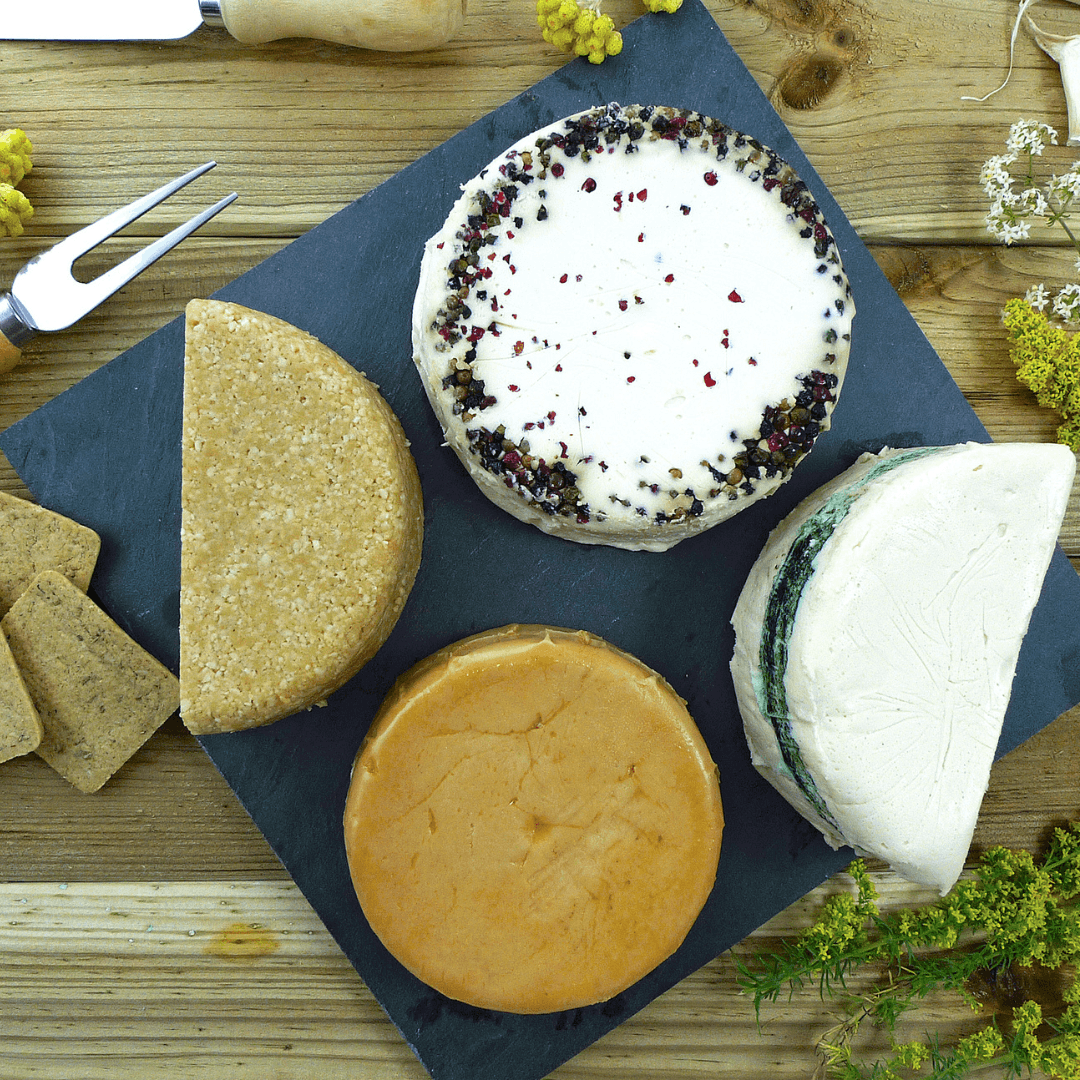
Types Of Vegan Cheese
Many people love to indulge in cheese, but traditional cheese is off-limits for those following a vegan lifestyle or looking to reduce their dairy intake.
Vegan cheese comes in various types with unique flavours, textures, and uses. Here are some popular types of vegan cheese:
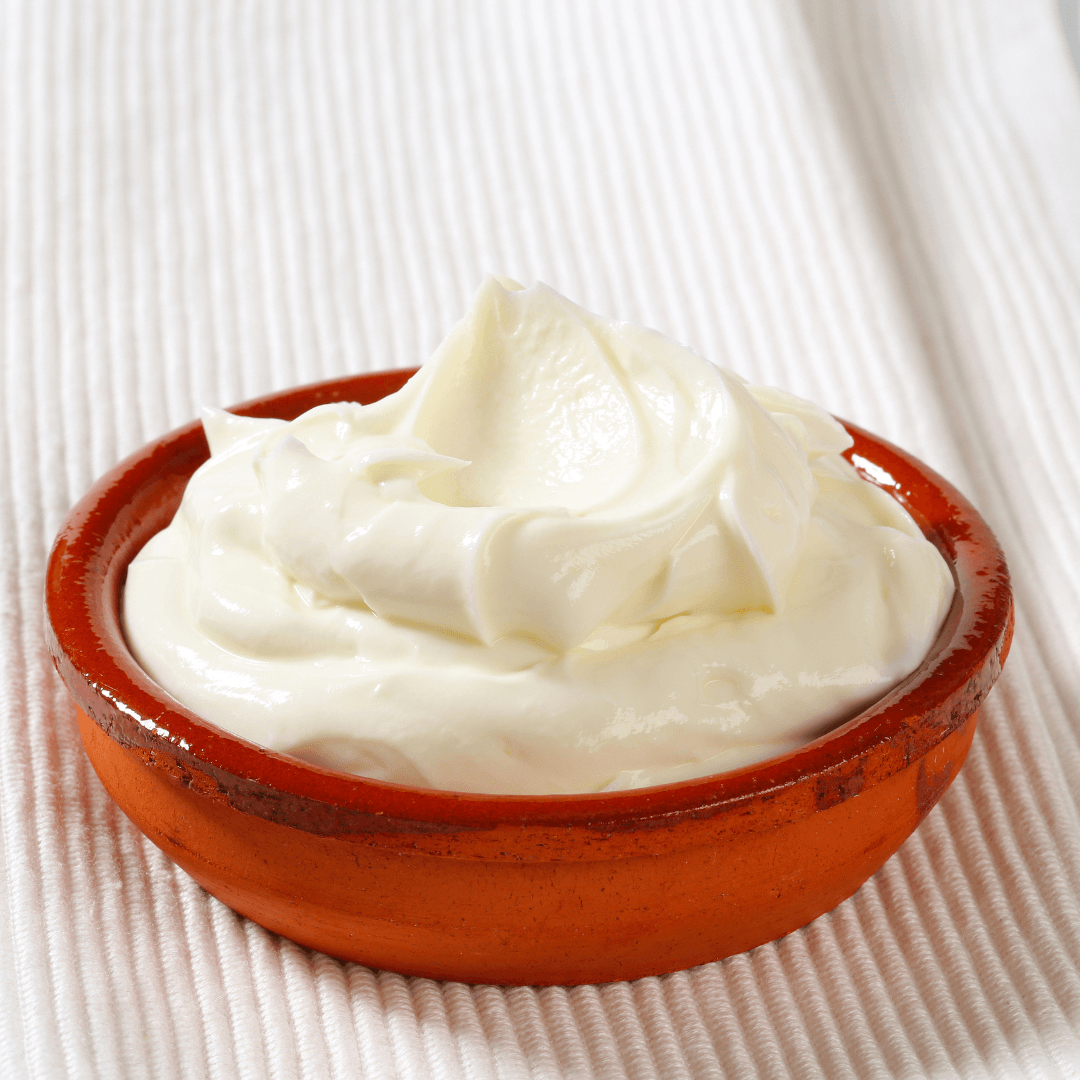
1. Soft Spreadable Vegan Cheese
Like cream cheese or Boursin, these cheeses are smooth and spreadable. They are perfect for topping bagels or crackers or filling stuffed pastries.
2. Hard Vegan Cheese
These cheeses are firmer in texture and can be sliced, grated, or melted. They are great for sandwiches, pizza, and pasta dishes.
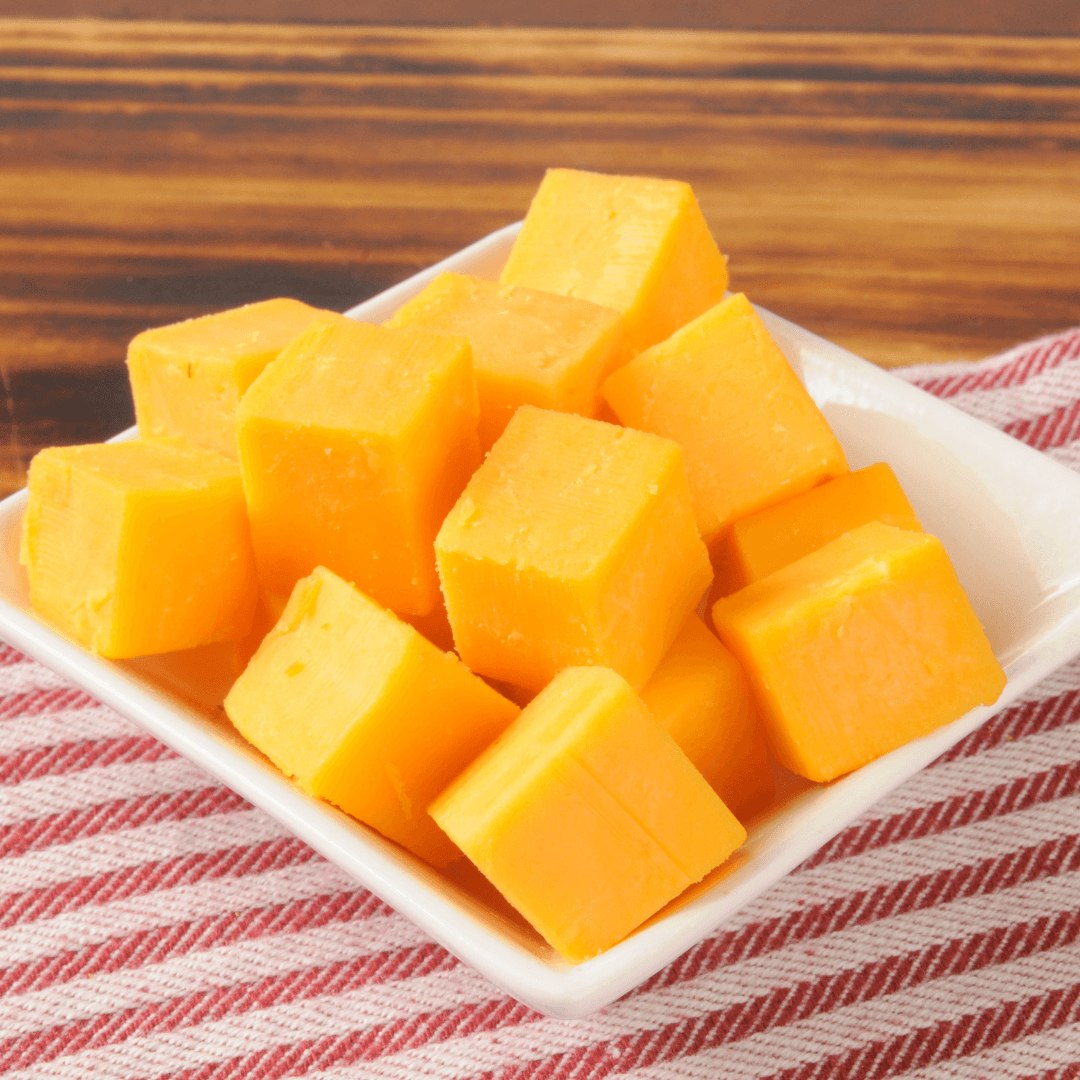
3. Vegan Cheddar Cheese
Vegan cheddar cheese is popular among plant-based eaters. It is versatile and can be used in various recipes, such as grilled cheese sandwiches, macaroni and cheese, and burgers.
4. Vegan Mozzarella
Vegan mozzarella is known for its melty and stretchy texture, making it ideal for pizza, lasagna, and other dishes where melting is desired.
5. Vegan Parmesan
The vegan parmesan cheese alternative is perfect for sprinkling on top of pasta, salads, and other savoury dishes, providing a nutty and delicious flavour.
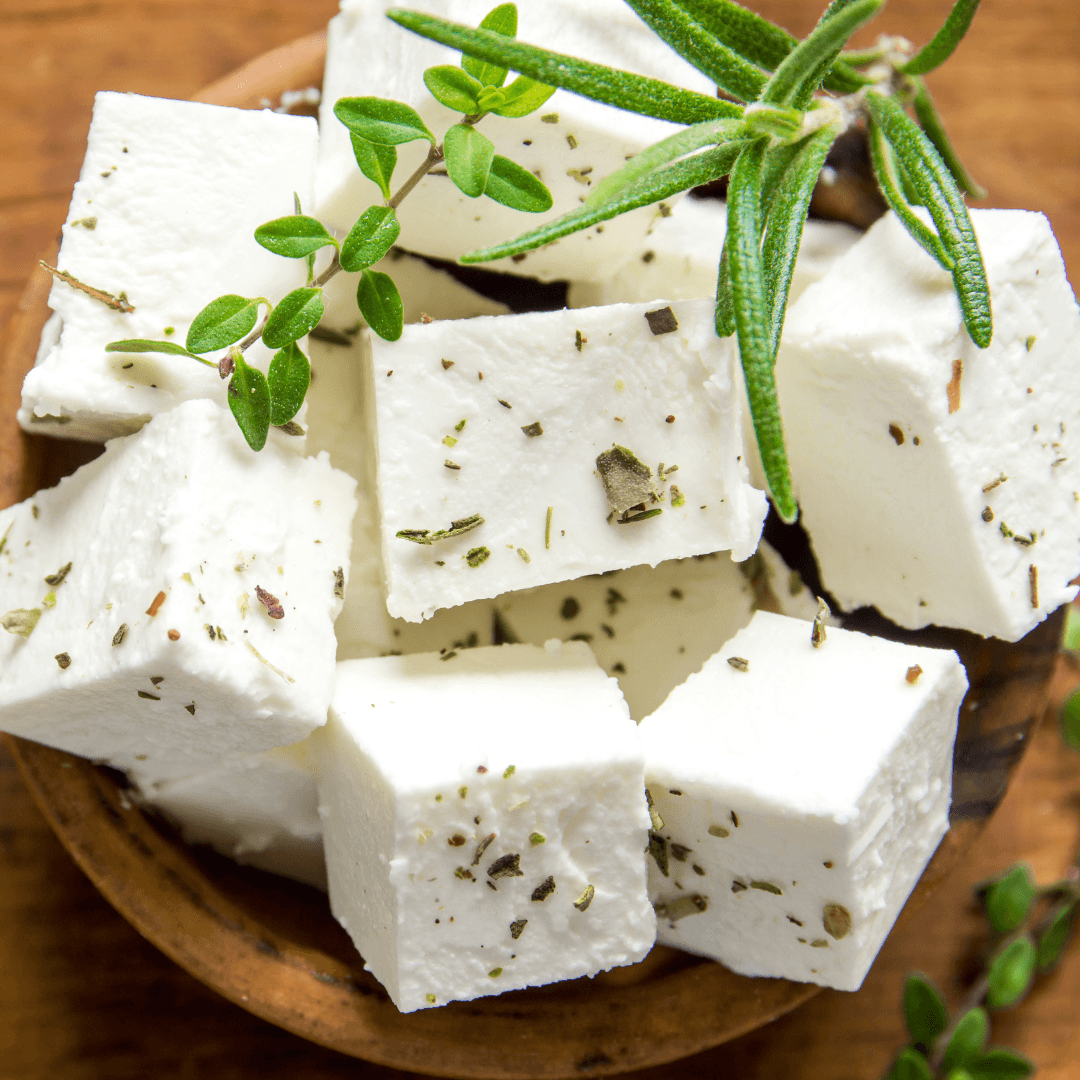
6. Vegan Feta Cheese
Vegan feta cheese is made to resemble the tangy and crumbly texture of traditional feta. It adds a Mediterranean flair to salads, sandwiches, and wraps.
7. Nut-Based Vegan Cheese
These cheeses are made from nuts like cashews, almonds, or macadamias, which offer a creamy and rich flavour. They can be aged to develop a sharper taste, similar to aged dairy cheeses.
8. Tofu-Based Vegan Cheese
Tofu is used as a base to create a variety of vegan cheeses, including ricotta and cottage cheese alternatives.
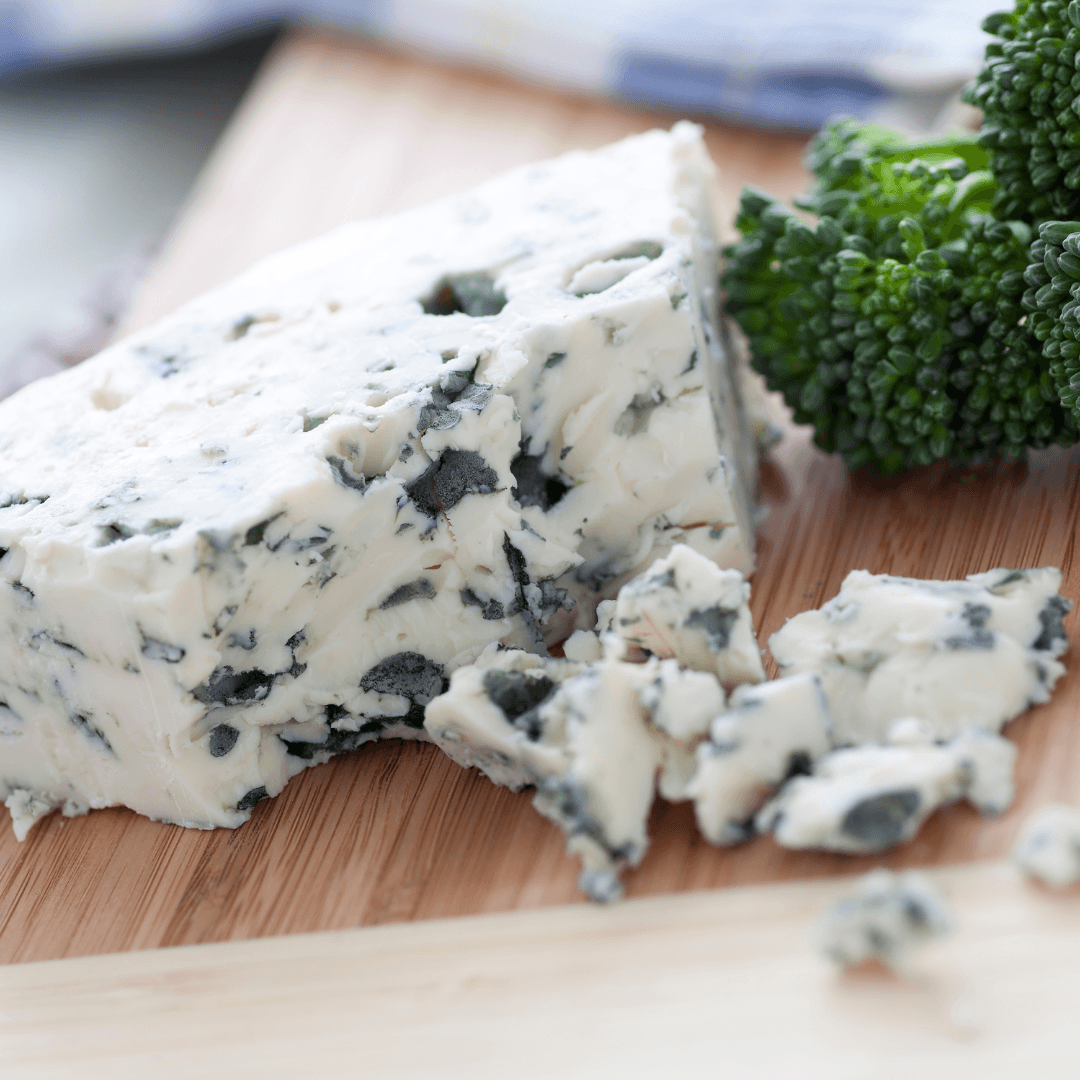
9. Vegan Blue Cheese
The vegan blue cheese replicates traditional blue cheese's spicy and tangy flavour, perfect for salads and dressings.
10. Specialty Vegan Cheese
Some brands offer artisanal and gourmet vegan cheeses with unique flavours, incorporating herbs, spices, and even smoked variations.
11. Vegan Cream Cheese
Creamy and tangy, vegan cream cheese is a staple for bagels, dips, and cheesecake recipes.
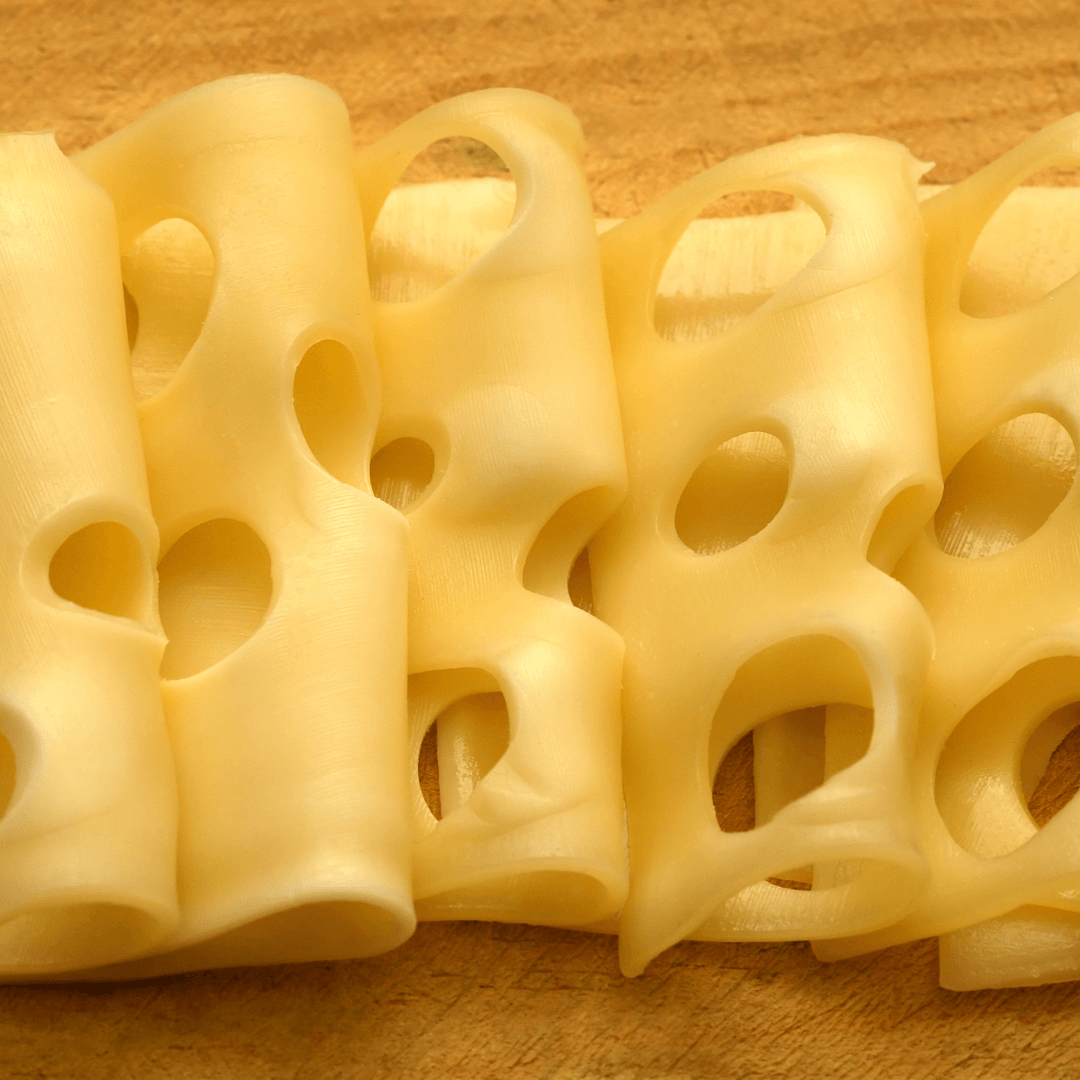
12. Vegan Swiss Cheese
Vegan Swiss cheese has characteristic holes and a mild, nutty flavour, perfect for sandwiches and fondue.
13. Vegan Gouda
Gouda-style vegan cheese offers a smooth and slightly smoky taste, great for snacking or pairing with fruits and nuts.
14. Vegan Pepper Jack Cheese
Spiced with jalapeños or other peppers, vegan pepper jack cheese adds a kick to burgers, sandwiches, and nachos.
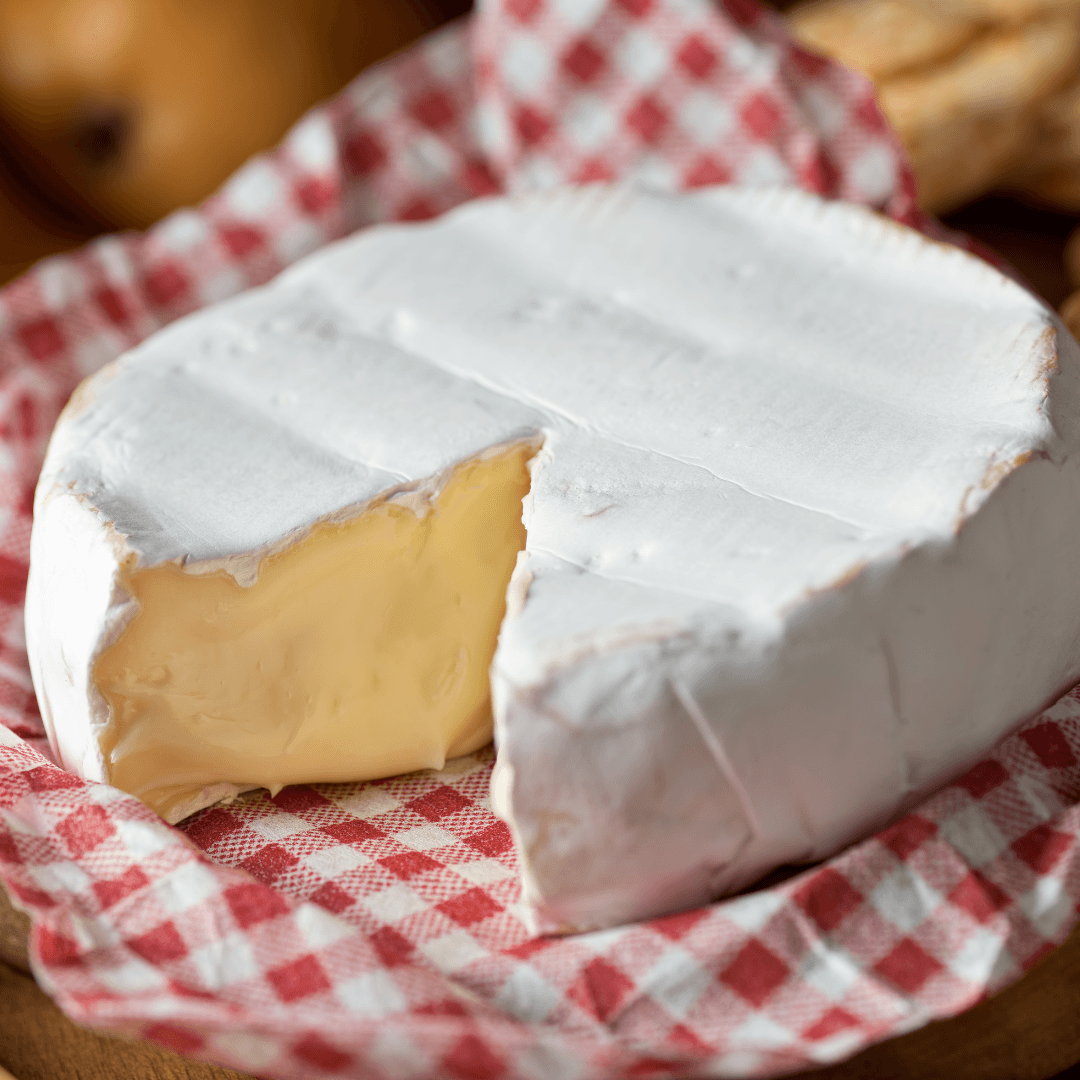
15. Vegan Brie
Soft and creamy, vegan brie can be baked to achieve a gooey texture, complementing fruits and crackers.
As the demand for plant-based options increases, the diversity and quality of vegan cheese continue to improve.
From classic favourites to innovative and gourmet varieties, vegan cheese provides an array of choices for cheese enthusiasts seeking ethical and dairy-free alternatives.
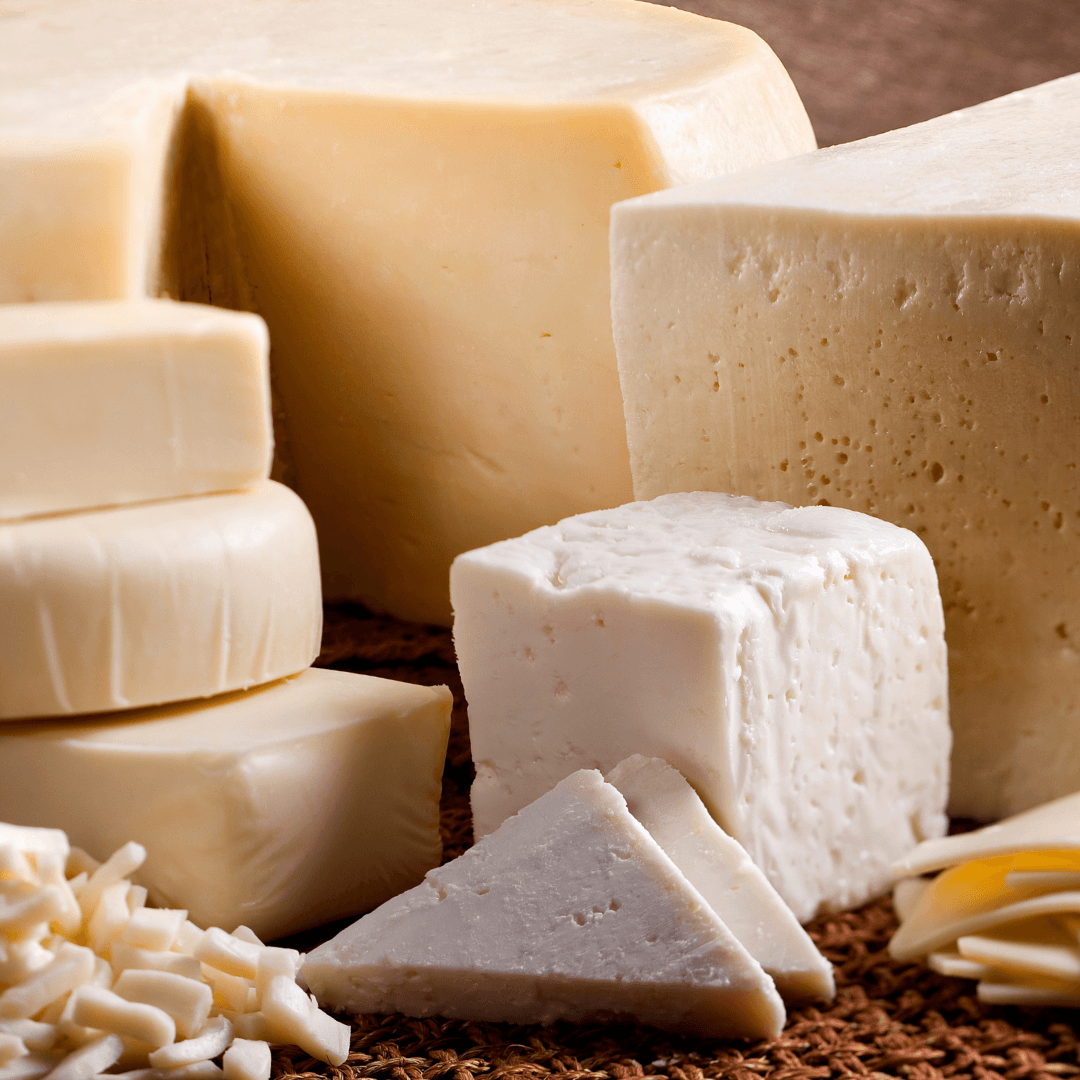
Health Benefits Of Vegan Cheese
Indulging in a cheese platter doesn't have to be exclusive to dairy lovers.
With the growing popularity of plant-based diets, the world of vegan cheese has expanded, offering an array of delectable and nutritious alternatives to traditional dairy cheese.
Vegan cheese provides various health advantages and is a delicious treat for individuals who live a plant-based lifestyle.
Vegan cheese, made entirely from plant-based ingredients, offers several health benefits compared to traditional dairy cheese. Here are some of the advantages:
1. Lower In Saturated Fat
Vegan cheese is typically made from plant-based ingredients like nuts, seeds, or soy, which naturally contain lower levels of saturated fat than dairy products.
Heart disease and other cardiovascular disorders have been linked to high saturated fat intake.
Individuals can reduce saturated fat consumption by choosing vegan cheese, promoting heart health and overall well-being.
Additionally, some vegan cheese options are made with healthier fats, such as those found in nuts and seeds, which are rich in monounsaturated and polyunsaturated fats.
These healthier fats have been associated with lower LDL cholesterol levels and improved heart health.
Embracing vegan cheese as a part of a balanced plant-based diet allows individuals to enjoy a wide range of flavours while positively impacting their heart health and lowering their risk of developing heart-related issues.
2. Cholesterol-Free
One significant health benefit of vegan cheese is it is completely cholesterol-free. Cholesterol is a lipid in animal-based foods, including dairy products like traditional cheese.
Heart disease and stroke risk might rise due to plaque buildup in the arteries brought on by high blood cholesterol levels.
By choosing plant-based cheeses, individuals can avoid consuming dietary cholesterol, which can help improve their cholesterol levels and overall heart health.
Plant-based cheeses are made from ingredients like nuts, seeds, soy, or coconut oil, which do not contain cholesterol.
Instead, they offer a rich array of healthy fats, fiber, and essential nutrients. Embracing vegan cheese as part of a balanced and varied plant-based diet can contribute to maintaining healthy cholesterol levels, reducing the risk of heart-related issues, and promoting overall well-being.
3. Lactose-Free
One of the key advantages of vegan cheese is that it is completely lactose-free.
Some people have trouble processing the natural sugar lactose, which is present in milk and dairy products, due to a condition known as lactose intolerance.
After consuming dairy products, people with lactose intolerance may experience symptoms, including bloating, gas, and diarrhea.
Vegan cheeses, on the other hand, are made from plant-based ingredients and do not contain dairy, making them suitable alternatives for those with lactose intolerance or dairy allergies.
This makes vegan cheese a much more digestible and comfortable option for individuals who want to enjoy cheese without the adverse effects of lactose.
Additionally, being lactose-free, vegan cheese can provide a tasty and satisfying alternative for people following a vegan lifestyle or those looking to reduce their dairy consumption while still enjoying the flavours and textures of cheese in their favorite dishes.
4. No Hormones or Antibiotics
One notable benefit of vegan cheese is that it is free from added hormones and antibiotics, which are commonly found in dairy cheese due to modern livestock farming practices.
In conventional dairy farming, cows may be given hormones to increase milk production, and antibiotics might be administered to prevent or treat animal infections.
These substances sometimes enter these animals' milk and dairy products. Consumers can avoid these potential hormone and antibiotic residues by choosing plant-based cheeses.
This is particularly important for individuals concerned about the impact of such substances on human health and the environment.
Opting for vegan cheese ensures you consume a cleaner and more natural product, free from artificial additives or potential contaminants.
Furthermore, supporting the production and consumption of vegan cheese contributes to a more sustainable and ethical food system, as it reduces the demand for conventional dairy products that may be associated with environmentally harmful practices and the overuse of antibiotics in agriculture.
5. Rich In Nutrients
Vegan cheeses can be a valuable source of essential nutrients, especially when fortified with specific vitamins and minerals.
Many plant-based cheese brands recognize the importance of fortification and enrich their products with nutrients commonly found in dairy cheese.
For instance, vitamin B12, primarily found in animal products, is crucial for nerve function and red blood cell production.
Some vegan cheeses are fortified with B12, making them suitable for individuals following a plant-based diet who may have difficulty obtaining this vital nutrient from other sources. Fortified vegan cheeses may also provide calcium, promoting healthy bones and teeth.
Vitamin D is another nutrient sometimes added to vegan cheese, supporting calcium absorption and bone health.
Moreover, plant-based cheeses crafted from legumes, nuts, or soybeans can offer a good amount of protein, making them a valuable addition to a balanced vegan diet.
By incorporating fortified vegan cheeses into their meals, individuals can enjoy the savoury taste of cheese while ensuring they receive essential nutrients that might be challenging to obtain from a strictly plant-based diet.
6. Digestive Health
Certain vegan cheeses are produced through fermentation, a process in which beneficial bacteria break down the ingredients, resulting in the development of probiotics.
These live microorganisms are known for their positive effects on gut health and digestion.
Fermented vegan cheeses, such as those made from cashews or soy, can contain probiotics that help maintain a healthy gut flora balance, promoting smoother digestion and nutrient absorption.
These probiotics may also support the immune system, as a significant portion of the immune system is located in the gut.
By incorporating fermented vegan cheeses into their diets, individuals may experience improved digestive health, reduced bloating, and enhanced nutrient uptake.
Moreover, probiotics in some vegan cheeses can contribute to better overall gut health, which has been linked to various aspects of well-being, including mood regulation and immune function.
However, not all vegan cheeses are fermented, so reading product labels or opting for those specifically marketed as “fermented” is essential to enjoy the potential digestive benefits.
Fermented vegan cheeses can be a flavourful and healthy addition to a balanced plant-based diet, supporting optimal gut function and overall well-being.
7. Allergen-Friendly
Vegan cheese is an excellent option for individuals with allergies to milk proteins, such as casein, whey, and other dairy components.
Traditional dairy-based cheese contains these allergenic proteins, which can trigger adverse reactions in those with dairy allergies.
On the other hand, plant-based cheeses are entirely free from milk proteins, making them a safe and suitable alternative for people with lactose intolerance or milk protein allergies.
Additionally, vegan cheeses are free from common allergens like eggs and nuts, depending on the specific brand and recipe.
This makes them versatile for individuals with multiple food allergies or intolerances.
Many vegan cheeses are made from simple, allergen-friendly ingredients, such as nuts, seeds, coconut, or soy.
As the popularity of vegan diets and the demand for plant-based alternatives continue to grow, so does the availability and variety of allergen-friendly vegan cheese options.
Whether someone has allergies or intolerances or prefers to avoid dairy and animal products, the expanding range of vegan cheeses ensures delicious and allergen-safe alternatives for everyone.
8. Reduced Risk Of Contaminants
Vegan cheese offers a reduced risk of contaminants compared to dairy-based cheese because it is made entirely from plant-based ingredients.
Dairy products, particularly those derived from animals raised in industrial farming systems, can be susceptible to environmental contaminants.
Animals may be exposed to pesticides, heavy metals, and other pollutants through their feed and the environment, and these substances can accumulate in their fats and milk.
As a result, dairy-based cheeses may carry traces of these contaminants. In contrast, vegan cheese is made from plant sources that are less likely to be affected by environmental toxins.
Plants typically have lower levels of these contaminants and do not bioaccumulate them in the same way that animals might.
Additionally, some vegan cheeses are produced using organic ingredients, further reducing the risk of exposure to synthetic pesticides and chemicals.
By opting for vegan cheese, individuals can enjoy a product that is free from animal-based ingredients and carries a lower risk of potential contaminants, promoting a cleaner and healthier food choice.
9. Lower Environmental Impact
Vegan cheese has a lower environmental impact than dairy cheese due to several factors.
Firstly, producing plant-based ingredients used in vegan cheese, such as nuts, seeds, and legumes, typically requires less water and land than dairy farming.
Animal agriculture is resource-intensive, with vast amounts of water needed for livestock and feed crops.
Secondly, raising animals for dairy involves significant greenhouse gas emissions, as livestock produce methane, a potent greenhouse gas contributing to climate change.
In contrast, plant-based cheese production emits fewer greenhouse gases. Additionally, vegan cheese production often involves less processing and energy consumption than dairy cheese manufacturing.
Moreover, reducing the demand for dairy products can lead to decreased deforestation and habitat destruction associated with expanding livestock farming operations.
By choosing vegan cheese, individuals can contribute to a more sustainable food system and help mitigate the environmental impact of their dietary choices.
10. Variety Of Flavours
Vegan cheese provides a delightful variety of flavours catering to different tastes.
Manufacturers have perfected the art of crafting plant-based cheeses that imitate the taste profiles of traditional dairy cheese varieties.
For those who enjoy sharp and tangy flavours, vegan alternatives mimic the taste of aged cheddar or gouda.
Creamy and velvety options emulate the rich taste of brie or camembert, while nut-based cheeses offer a nutty and earthy profile reminiscent of artisanal cheeses.
Smoky and savoury vegan cheeses can replicate the taste of smoked gouda or provolone, adding depth to dishes and sandwiches.
Additionally, herb-infused vegan cheeses incorporate various seasonings, such as garlic, herbs, and spices, enhancing their versatility and making them excellent choices for savoury and sweet recipes.
The diverse flavours of vegan cheese allow plant-based eaters to explore various culinary possibilities, from gourmet cheese boards to indulgent pasta dishes while enjoying plant-based ingredients' cruelty-free and healthful benefits.
Conclusion
Vegan cheese can be a healthy and nutritious alternative to dairy-based cheese for many reasons.
It is typically lower in saturated fat, cholesterol-free, and lactose-free, making it a heart-healthy option suitable for individuals with specific dietary needs or restrictions.
The absence of added hormones or antibiotics in vegan cheese contributes to its health benefits, ensuring a cleaner and more natural product.
Some vegan cheeses are fortified with essential nutrients like vitamins B12 and D, calcium, and protein, enhancing their nutritional value.
Additionally, using fermented ingredients in certain vegan cheeses can promote digestive health by providing beneficial probiotics.
Vegan cheese also offers a safe and allergen-friendly alternative to individuals with allergies to milk proteins and other dairy components.
However, like any food product, it is essential to read labels and opt for minimally processed options to ensure the healthiest choices.
Incorporating vegan cheese into a balanced and plant-rich diet can provide a delicious and nutritious experience while aligning with ethical and sustainable food choices.
I trust you enjoyed reading the article “Is Vegan Cheese Healthy?” Please stay tuned. More blog posts will be posted very shortly.
JeannetteZ
>>>Do You Want To Surprise Your Family And Guests With Delicious Vegan Lunches And Dinners Regularly? Become A Member At Veecoco – My #1 Recommendation – And Have Access To Over 700 Delicious, Healthy AND 100% Vegan Recipes<<<
Your Opinion Is Important To Me
Do you have thoughts, ideas, or questions? I would love to hear from you. Please leave me your questions, experiences, and remarks about the article Is Vegan Cheese Healthy in the comments section below. You can also email me at Jeannette@LivingTheVeganLifestyle.org.
Disclosure
This post may contain affiliate links. I earn from qualifying purchases as an Amazon Associate and other affiliate programs. Please read my full disclosure.
Here are some links to some of my favourite articles:
How To Choose The Best Vegan Milk

